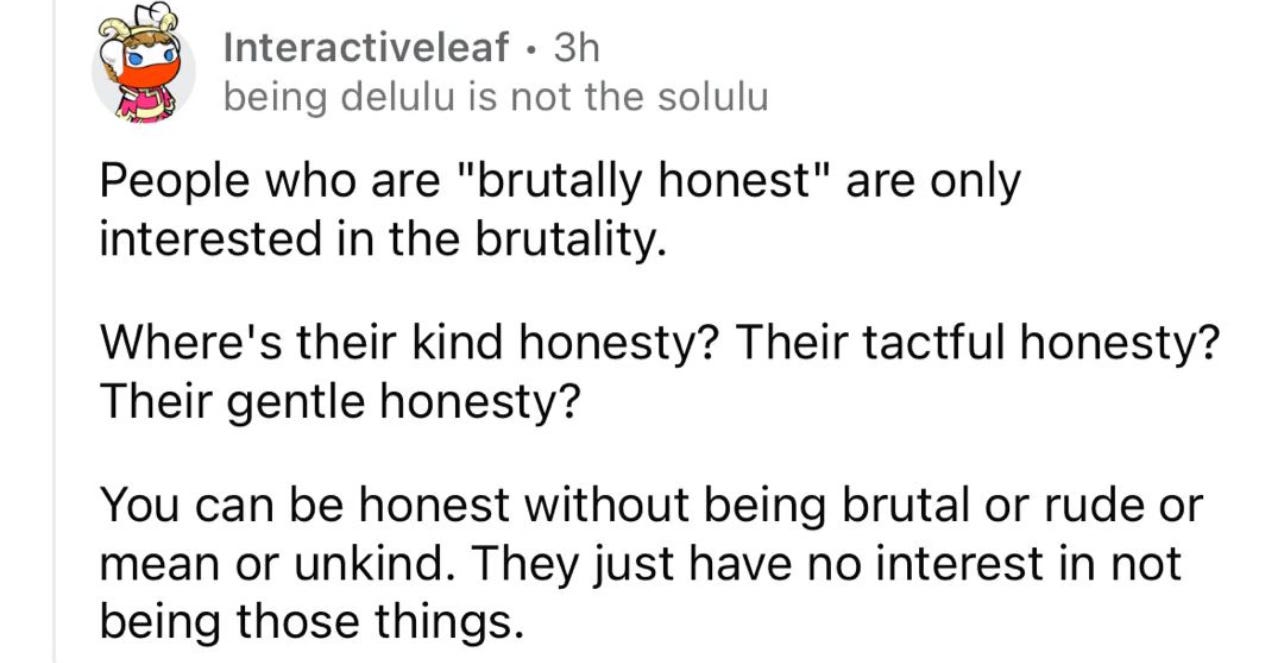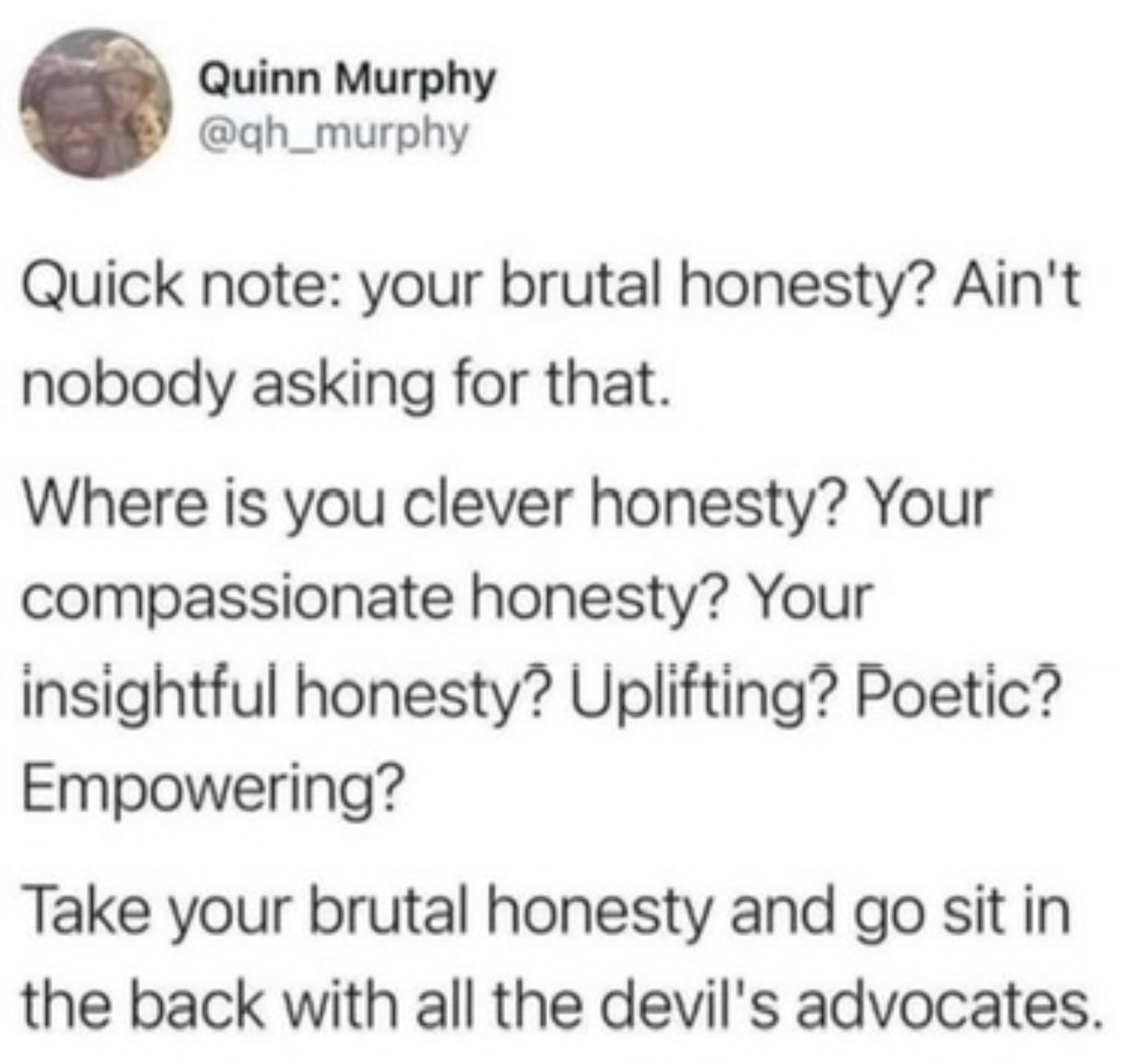Picture this:
You’re on your way home, viscerally hungry after a long, chaotic day at work. It’s not quite dinner time—you know that if you eat a full meal now, your stomach will do midnight Leg work marathon for you. So you go for a snack. Something light and in line with your recent fit-fam goals.
You settle on an apple.
You make a beeline to your favorite supermarket (or to your neighborhood Aboki if you’re like me) and grab a couple of shiny, promising apples. Back home, before you even change out of your clothes or exhale from the day, you rush to the sink, wash one, and take a big, eager bite.
But instead of the sweet, juicy crunch you imagined, your tongue meets something sour, mealy, and just…wrong.
You pull back and check the fruit; maybe no maggots (thank God), but yeah… this apple is clearly rotten.🤮
Now here’s the question:
Do you keep eating it because it’s still an apple…or do you toss it out?
Such a dilemma right? Probably not!
We* all like apples. (*all of us normal people👀)
Juicy ones. Crunchy ones. Green ones. Sweet ones.
But a “rotten apple”? Same fruit o, but different feeling. One adjective and the whole thing is ruined.
Which brings us to today’s cultural riddle:
If adjectives can ruin fruits, can they also ruin virtues?
If we call it “brutal honesty,” is it still honesty at all, or has it metamorphosed into something else entirely?
Here’s the deal.
We’ve been taught to revere honesty. “Tell the truth.” “Say it like it is.” “Be real.” And my goodness how this has become trendy. “I’m responsible for what I say, but you’re responsible for how you receive it, right?
That seems to be the new brand of honesty. Cause somewhere along the way, it would seem honesty got a rebrand. It wasn’t enough to be honest.
You had to be brutally honest. As if volume equals value. As if cutting deeper makes you clearer.
But here’s the twist: The qualifier always matters. “Brutal honesty” is not the same as “honesty.”
Just like a “rotten apple” is not the same as an “apple.” It’s the adjective that shapes the experience. That taints—or elevates—the truth.
The truth doesn’t have to rot to be real.
Here are 5 (Not so) Hidden Truths About Brutal Honesty
It often disguises cruelty as clarity. Some people weaponize truth to feel powerful, not helpful. The goal isn’t understanding; it’s dominance.
It’s more about the speaker than the listener. “I’m just being honest” often translates to “I wanted to say this, and I don’t want consequences.”
It excuses poor emotional intelligence. Being “brutal” is often just a lack of care—or skill—in communication.
It confuses catharsis for courage. Just because something felt good to say doesn’t mean it was good to say.
It misses the purpose of truth. Honesty is meant to build clarity, restore trust, offer direction—not to scorch the earth.
So, Is Brutal Honesty a Virtue or a Vice?
That’s the culture question of the day.
If virtue is defined not just by what we say, but how we say it, then maybe “brutal honesty” is not a virtue at all.
Maybe it’s a branding problem. Maybe it’s ego with a truth wrapping paper around it.
And maybe it’s time we stop applauding people for being “brutally honest” when they’re just being…brutal.
Intent doesn’t excuse impact. Brutality doesn’t upgrade honesty.
A Better Way Forward?
We can be clear and kind. Direct and thoughtful. Truthful and respectful.
Honesty doesn’t have to be soft. But it doesn’t have to be savage either.
"Instead, we will speak the truth in love, growing in every way more and more…” (Ephesians 4:15a NLT)
Because if the truth matters, the delivery should too.
Keep breathing.
Jisike.💪🏾







Brutal Truth 💯, really enjoyed this, Thank you sir✨
“We can be clear and kind. Direct and thoughtful. Truthful and respectful.”Brutal honesty” is like an anthem amongst a lot of “woke persons”. It is predominant amongst so called “sosho medium” 😂 influencers that say they are fighting for the people. Real true honesty brings peace. It fosters long term cooperation and friendship. It fosters real change. It breeds a community of critical thinkers. It brings innovation. It overhauls systems. It obeys rules and regulation. I enjoyed this piece. Thank you.